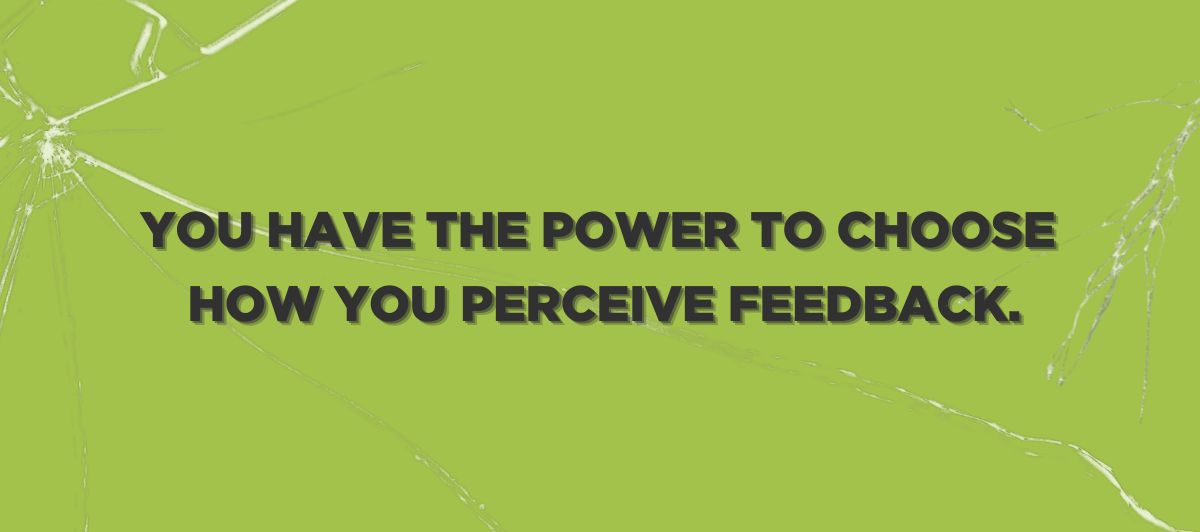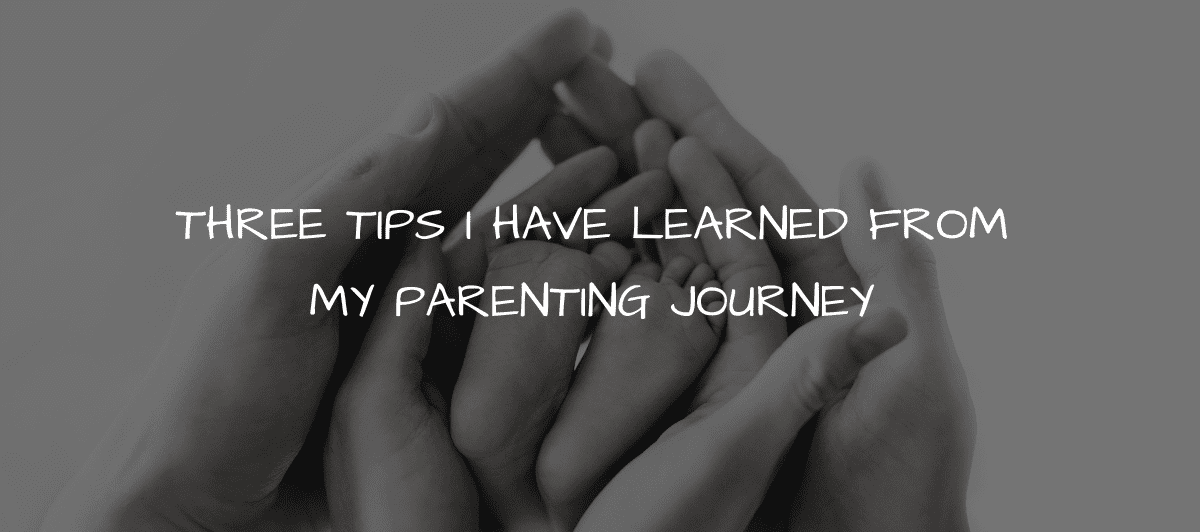
Feedback – Hurtful to Helpful
When feedback is shared with our children, it might hurt at first, particularly if it seems critical. It’s natural for kids to take things personally and feel defensive, upset or disappointed. This is where we can step in and guide them toward a different way of thinking. Transitioning feedback from hurtful to helpful can make a significant difference.
My son came home visibly frustrated after receiving feedback from his coaches. When I asked him what was said, the words didn’t seem harsh. It was his interpretation of those words that was fueling his frustration. This inspired a family exercise we now call ‘Hurtful vs. Helpful’.
I sat Kai down and asked him again what his coach had said. Then, I followed up with: “What is your mind telling you about those words?”
His response revealed why he was so upset: “My mind is telling me I’m not good enough. They don’t think I’m good enough.”
I then asked him: “What if your coaches weren’t trying to hurt you but were actually trying to help you? What if they believe in your potential and want to see you improve, and that’s why they gave you this feedback?”
We discussed how we can’t control what others say or how they say it. However, we do have control over how we interpret their words and what we tell ourselves about what was said. This helps in turning hurtful feedback into something helpful.
I asked, “If you saw their feedback as them trying to help you because they believe in you, how would that change how you feel?”
After a pause, he said, “I’d feel happier.”
I then asked, “And if you felt happier, what would you choose to do next?”
He replied, “I’d try what they’re suggesting.”
This is what I know: How kids perceive feedback affects their emotions, which in turn influences their behavior, choices and mindset. Teaching them to understand that feedback can be seen as hurtful or helpful, allows them to focus on the positive aspects which will benefit them now and in the future.
Until next time…


